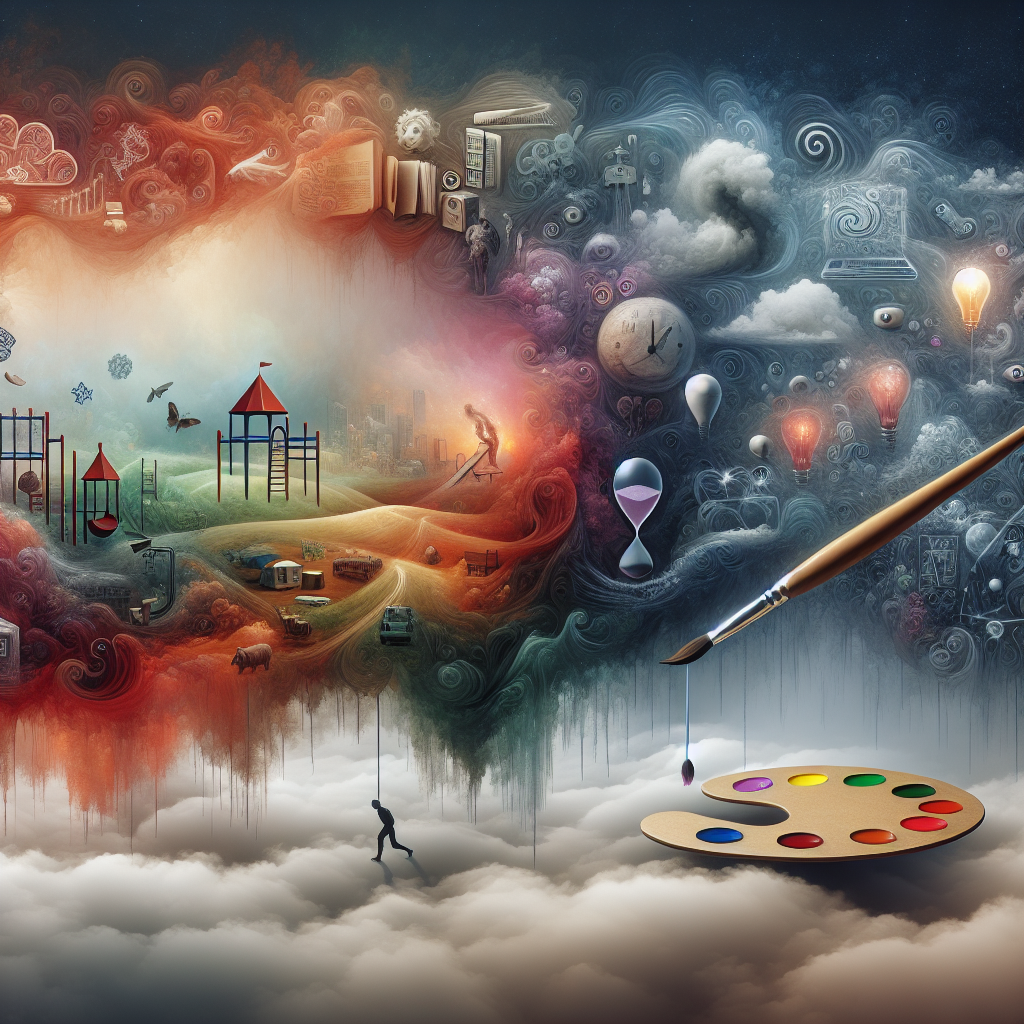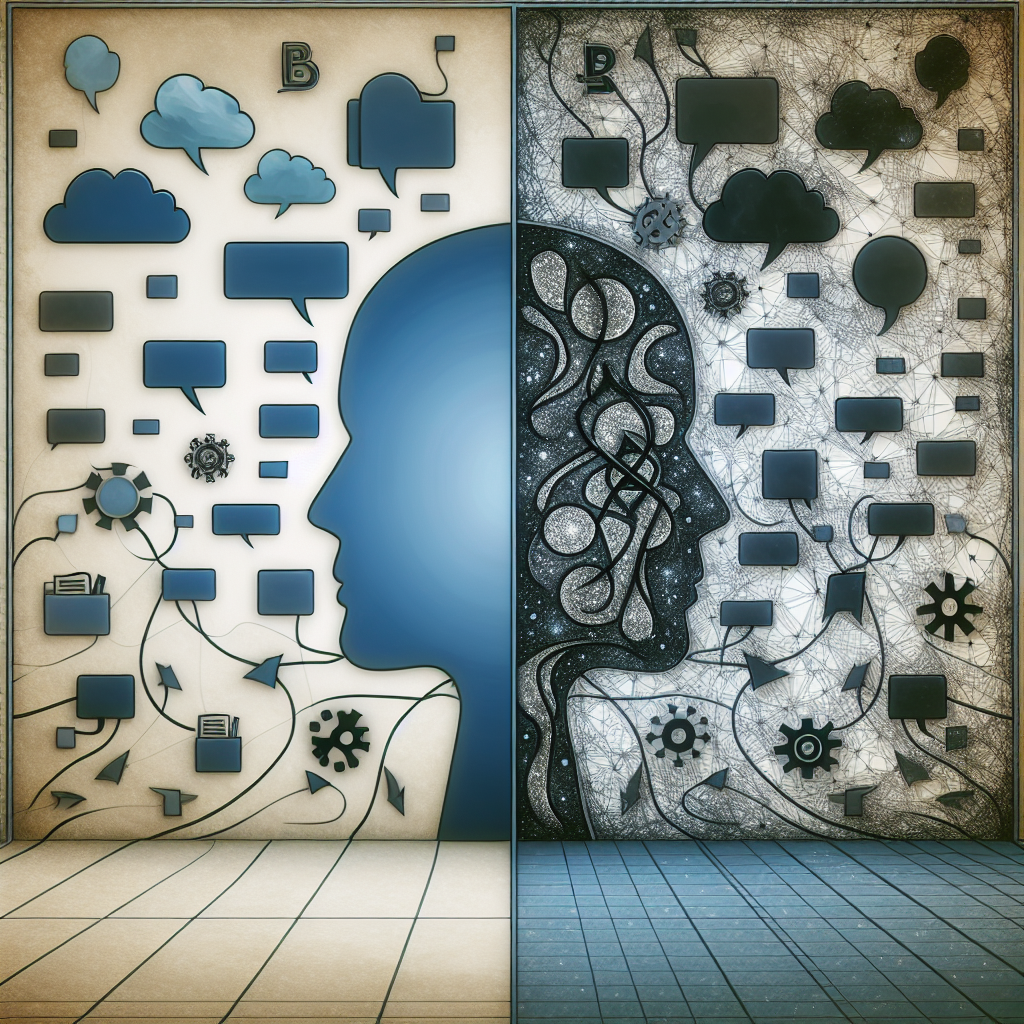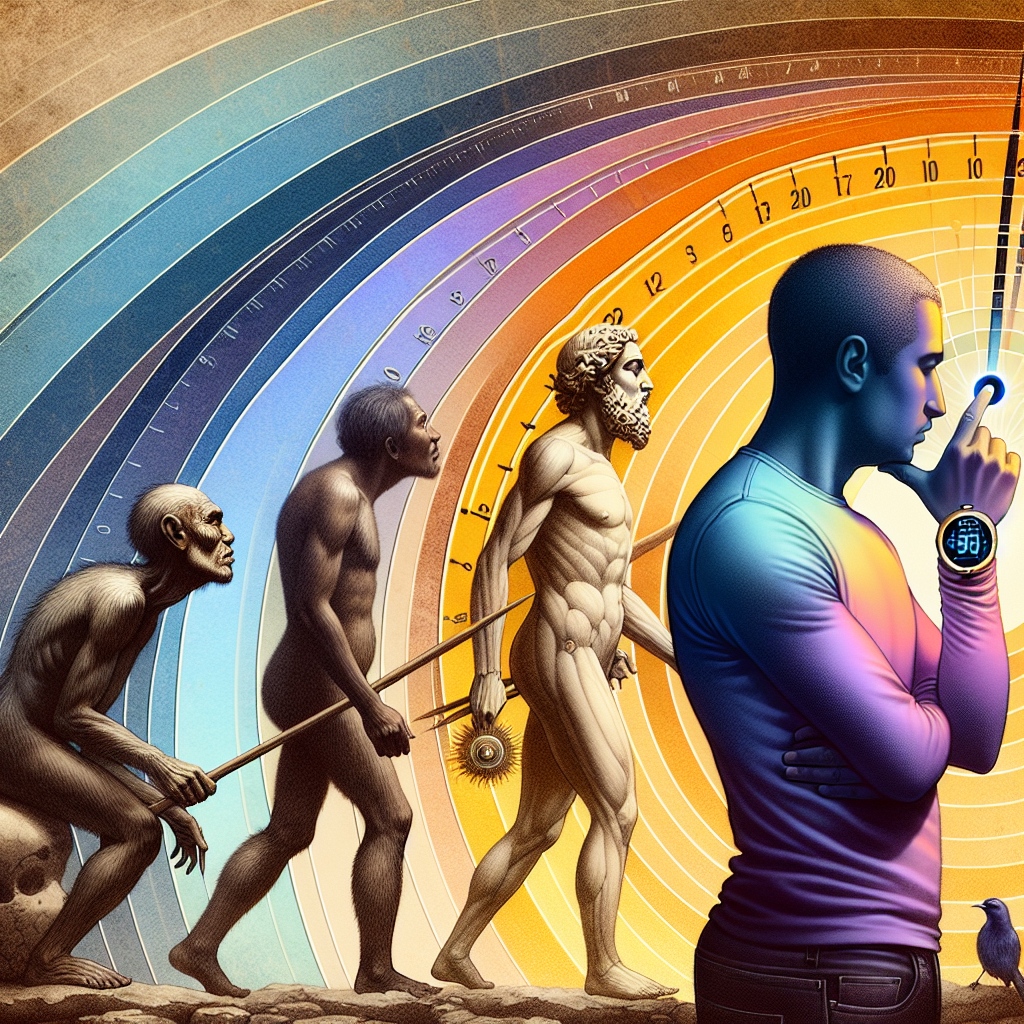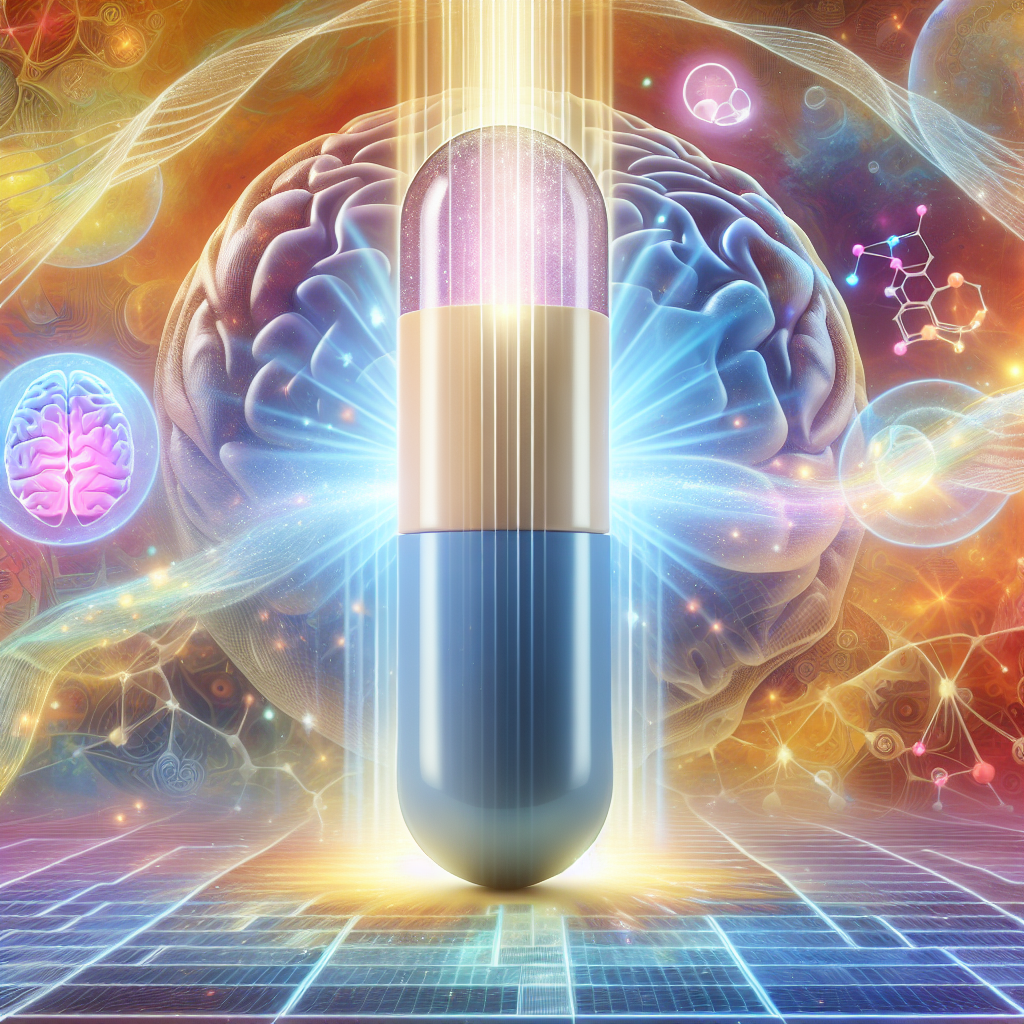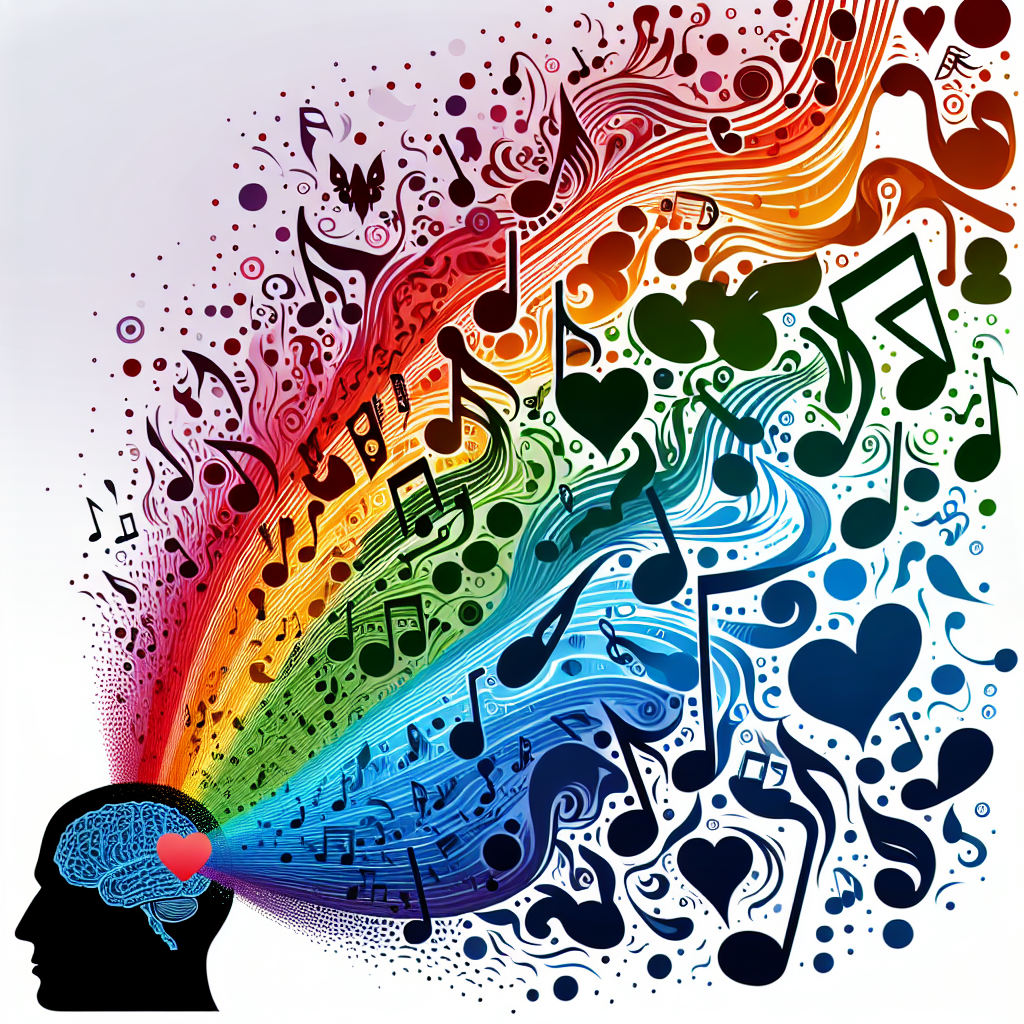Dreams have fascinated humanity since the dawn of consciousness — mysterious night stories that seem to mix our fears, memories, and emotions into surreal tapestries. For centuries, they were seen as divine messages or glimpses into the subconscious. Modern science, however, has begun to uncover that dreams are not random at all. They are deeply tied to how our brains store memories, regulate emotions, and make sense of the world — even when we’re fast asleep.
During the night, while the body rests, the brain remains remarkably active. Especially during REM (Rapid Eye Movement) sleep, the phase most associated with vivid dreaming, the brain’s limbic system — the region responsible for emotions — lights up, while the prefrontal cortex, which handles logic and reasoning, quiets down. This is why dreams often feel chaotic, emotional, and illogical. Yet within that apparent disorder, something profoundly meaningful is happening: emotional and memory processing.
Research shows that dreams play a critical role in memory consolidation — the process through which short-term experiences are transformed into long-term memories. During sleep, the hippocampus, a key memory center, replays recent experiences, while the cortex integrates them into broader networks of knowledge. But here’s the fascinating twist: when we dream, these replayed memories often blend with older ones, creating strange hybrids of time and place. You might dream of your childhood home but with people from your current life — a mental remix that helps your brain connect the past with the present.
This blending is more than just mental noise. It allows emotional experiences to be re-evaluated and softened. Psychologists have found that dreaming helps the brain “strip” the emotional charge from memories. The event remains, but its sting fades. It’s as if the mind replays painful experiences in a safer, symbolic form, allowing us to process trauma and stress without the overwhelming feelings that accompany them when awake. Some even call REM sleep the brain’s “overnight therapy session.”
Interestingly, the content of dreams often reflects the brain’s attempt to manage emotion. People who are anxious or under stress tend to have more vivid, intense dreams — sometimes nightmares — which might be their brain’s way of rehearsing coping strategies. Soldiers and trauma survivors, for example, often relive stressful experiences in dreams, but over time, these dreams can become less frightening as the mind works to integrate the trauma into memory. In this sense, dreaming is not just a passive reflection of emotion but an active process of emotional regulation.
But not all dreams serve the same purpose. Non-REM dreams, which are typically less bizarre and more thought-like, seem to focus more on fact-based memory consolidation — like practicing a skill or reinforcing new knowledge. REM dreams, on the other hand, are far more emotional and associative, helping us form creative links between ideas and emotions. It’s no coincidence that many artists, inventors, and scientists have reported breakthroughs that came from dreams — from Paul McCartney’s “Yesterday” to the discovery of the structure of DNA.
There’s also growing evidence that dreams help us simulate social and emotional situations, a kind of virtual reality rehearsal for waking life. Dreaming of arguments, loss, or affection might help us better navigate similar feelings or interactions later. Our ancestors may have even benefited from this mental rehearsal, preparing for dangers or conflicts before they occurred — an evolutionary advantage that turned dreaming into a powerful survival tool.
Curiously, not everyone remembers their dreams, but that doesn’t mean their brain isn’t dreaming. Studies suggest that dream recall is linked to how deeply one sleeps and to the brain’s level of arousal upon waking. Even if you forget, your mind has still done the emotional housekeeping behind the scenes.
So, the next time you wake from a strange or emotional dream, think of it not as meaningless nonsense, but as evidence of your brain’s nightly work — replaying memories, processing feelings, and helping you wake up a little more balanced than before. Dreams are not just stories we tell ourselves in the dark; they are the language of the mind as it heals, learns, and remembers.
